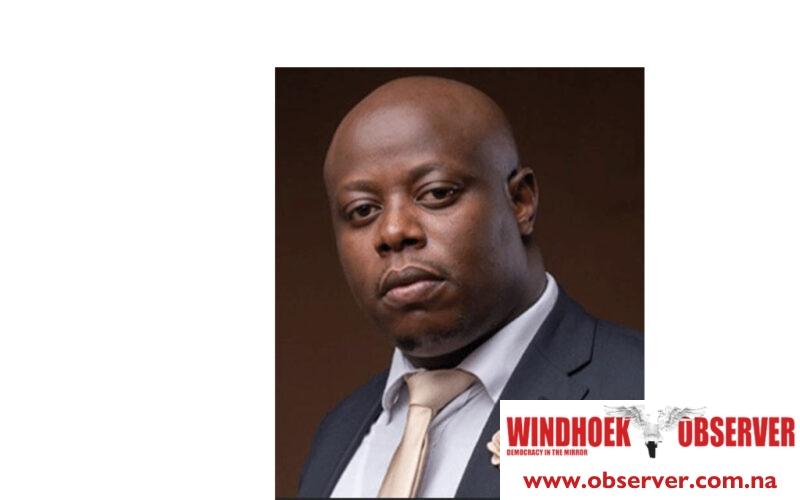Redforce, the Windhoek based debt collection and management company has been in the news of late with residents of several towns protesting against debt collecting methods.
Protests against the company have taken place in towns like Windhoek and Okahandja against Redforce after it was appointed by these towns to collect outstanding arrears.
This week, Redforce CEO Julius Nyamazana, told Observer Money that the company has managed to collect debt of over N$1 billion out of the N$1.5 billion owed to local authorities by rate payers.
Observer Money (OM): May you give us a brief background on RedForce, when was the company formed?
Julius Nyamazana (JN): Established in 2014, RedForce is a debt recovery and management agency, that specialises in: debt collection; blacklisting and tracing; developing and supplying of debt collection software; repossession and asset recovery; data collection; debt counselling; debt restructuring; disconnection and reconnection of services corporate training; credit advisory; public accountancy services; as well as personal debt management training; with a total of eight branches across the country.
OM: How much debt have you collected for municipalities, altogether?
JN: We currently have eight local authorities on our portfolio, so it’s a little difficult to give an accurate figure of how much we have collected (combined) to date, however, close to N$1 billion should be accurate.
OM: Why do municipalities prefer to use the services RedForce for debt collection services?
JN: The term prefer is not legally accurate. All our contracts were concluded after compliance with due procurement process. A tender was advertised, all interested companies submitted their bids and were assessed by a duly appointed procurement committee. As luck would have it, we met all the requisite legal criteria, both technical and financial, and we were subsequently awarded the tenders.
OM: What is the value of the debt book of the municipalities that have debt collection contacts with you?
JN: The total combined debt book value is close to N$1.5 billion.
OM: Why are your debt collection methods controversial and why can’t the local authorities do it themselves?
JN: It’s not that our methods are controversial, on the contrary they are quite similar to those applied by legal practitioners. We can all agree that traditionally debt collection agents have always had a bad reputation. No one wants to be reminded of their debts. As a company, we pride ourselves on ethical and effective methods of collection and seek only to recover the monies due to our clients, in a holistic and professional manner, thereby maintaining and protecting the relationships that they have with their residents. As for why they cannot do it themselves, that’s like asking someone why they can’t build their own house or car. We are trained and skilled in what we do.
OM: We have seen people in many towns including Windhoek protesting against RedForce, what is your comment?
JN: Residents have the right to have their voices heard. However, it our considered opinion that the protestors are largely misguided and fail to see the bigger picture, which is that we only contact people that owe money to our clients and the only way our clients can adequately service (water, roads, infrastructure etc.) the residents, protesters included, is if all monies owed to them are paid in full and timeously. It is very important to investigate the motives of some of the protesters leading the march, as some of them owe thousands to our clients and have been failing to service their accounts for years. These leaders are intentionally inciting residents to serve their own interests and detract from their responsibilities (to our clients), by spreading false narratives about our operations.
OM: Why is your company successful in recovering debt more than the municipalities?
JN: We are simply the best at what we do. The success of any debt collection company is measured on the amount of money that they are able to collect or recover. We have far exceeded all our clients’ expectations and targets, and we will continue to do so for the foreseeable future.
OM: In your opinion, what factors led to municipalities to fail to collect arrears and recover debt?
JN: I believe that this question can only be answered by the local authorities themselves.




